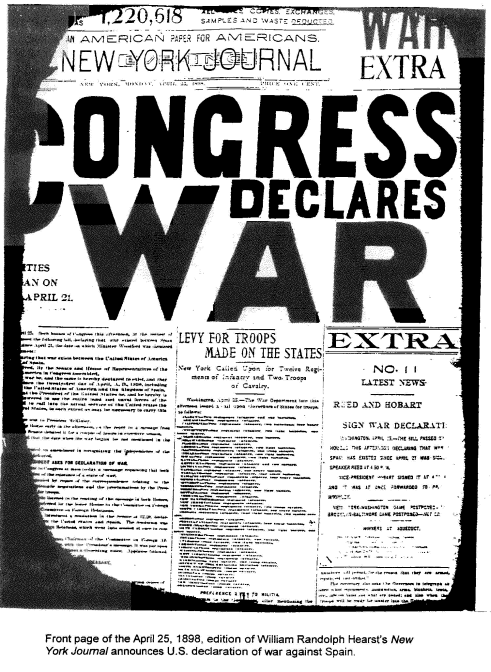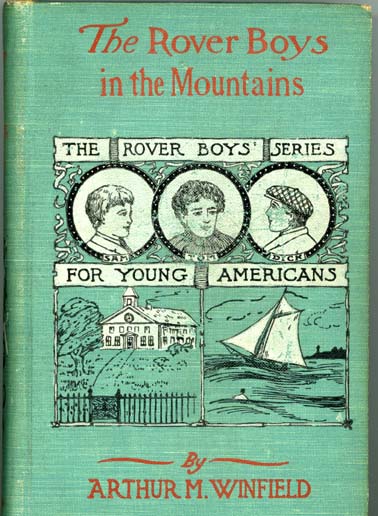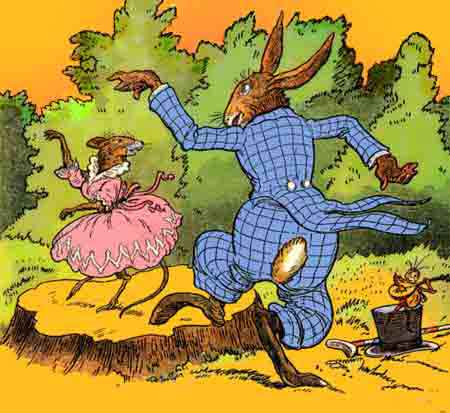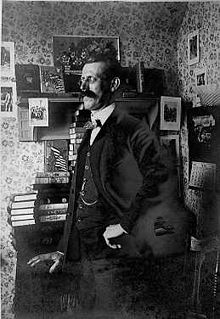Timing In His Favor
In my most recent post entitled Edward Stratemeyer: King of Outsourcing Part I, I explained how a young writer got his start in writing for the juvenile markets. I pointed out that Edward Stratemeyer, between the years of 1900 and 1930, produced more than 1,300 juvenile novels in 125 different series.
 Edward was fortunate to have several things going in his favor. His first successful book just happened to coincide with the front page news story of the Spanish-American War. From there he created his first series, which he dubbed the “Old Glory” series.
Edward was fortunate to have several things going in his favor. His first successful book just happened to coincide with the front page news story of the Spanish-American War. From there he created his first series, which he dubbed the “Old Glory” series.
Yet another timing factor propelled Edward into the realms of success and that was the birth of a period of life we now call adolescence. Prior to the 1900s, children stepped into adulthood sometimes as early as twelve and thirteen years old. Social consciousness, labor laws, and the new prosperity worked to vastly change the picture. In the early 1900s youngsters had more free time. With no radio, TV, or computer games, they turned to books. They were especially enamored with fantasy and adventure.
He Gave Them What They Were Looking For
Edward Stratemeyer, remembering his own dreams as a kid, gave his audience what they  were looking for. He created young, daring, adventurous characters who lived as if there were no parents to oversee them. They traveled to
were looking for. He created young, daring, adventurous characters who lived as if there were no parents to oversee them. They traveled to
“the jungles of South America, across the Sahara, deep into the African jungle, up where the Alaskan volcanoes spout, down among the head hunters of Borneo and many other p[laces where there is danger and excitement.”
What kid wouldn’t love that kind of adventure?
A myriad of ideas burst upon Edward’s brain every day of his life. His problem became clear – he could never in a lifetime write all the plots that his mind could conceive. The answer was brilliant, resourceful, and wildly successful. Hire writers! Or as we would say in today’s vernacular: outsource!
Work for Hire
Using the classified ads, Edward began to hire his stable of able writers who were sworn to secrecy. Working under fictitious names, they took Edward’s three-page outlines and fleshed out the stories into full novels. Writers could earn as much as $250 per book.
Some of these authors who got their start as Edward’s hires, went on to create their own series. For instance, Howard Garis – the real Victor Appleton of Tom Swift – created the Uncle Wiggily series.
The Stratemeyer Syndicate was established in 1906, and through it he hired editors, copy writers, stenographers, co-authors, and secretaries. Hence, he truly was an early-day king of outsourcing!
In addition to being an incredibly prolific author, Edward Stratemeyer was also an astute businessman – a marvelous combination. He always tested out a series with three intro books. If those three sold well, only then did the series continue and grow.
The beginning of each book reviewed the plot of the preceding one; and each upcoming book was previewed in the final chapter. This way, he grabbed and held the interest of the young reader. Each book could be completed from conception to publication in a short forty days. Soon, Stratemeyer was earning upwards of $50,000 a year at a time when that was a great sum of money.
“Cheap Reading”
Of course, the outsource king was not without his critics. Literary folk of the day attempted to have his books removed from public libraries. “Cheap reading,” they called it, insisting that such nonsense would ruin the minds of the children.
In the next post, you’ll learn about Nancy Drew and the amazing change that came following Edward’s unexpected death in 1930. (Ah yes, we have to have a preview of what’s to come, right?) Click here to read Part III



